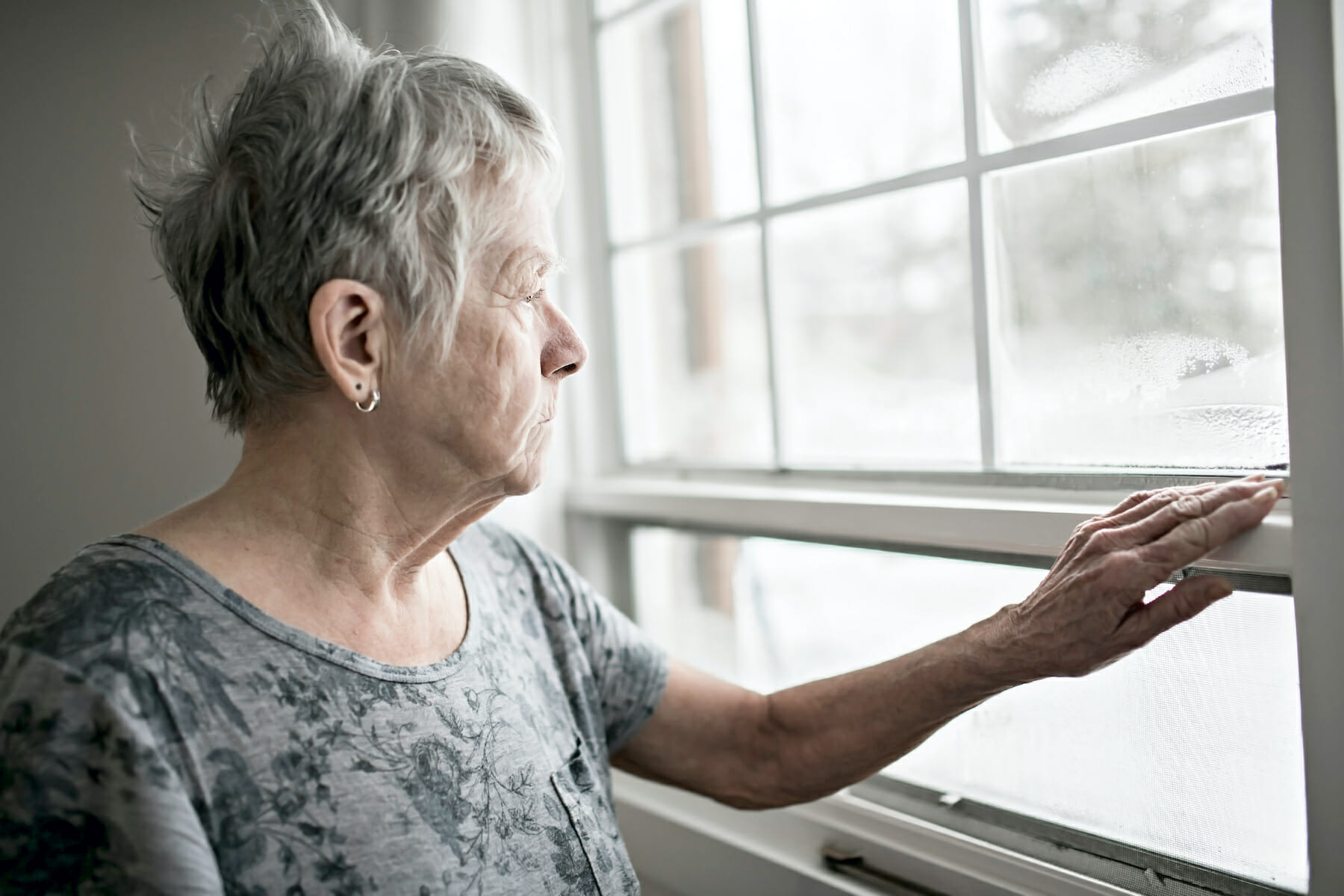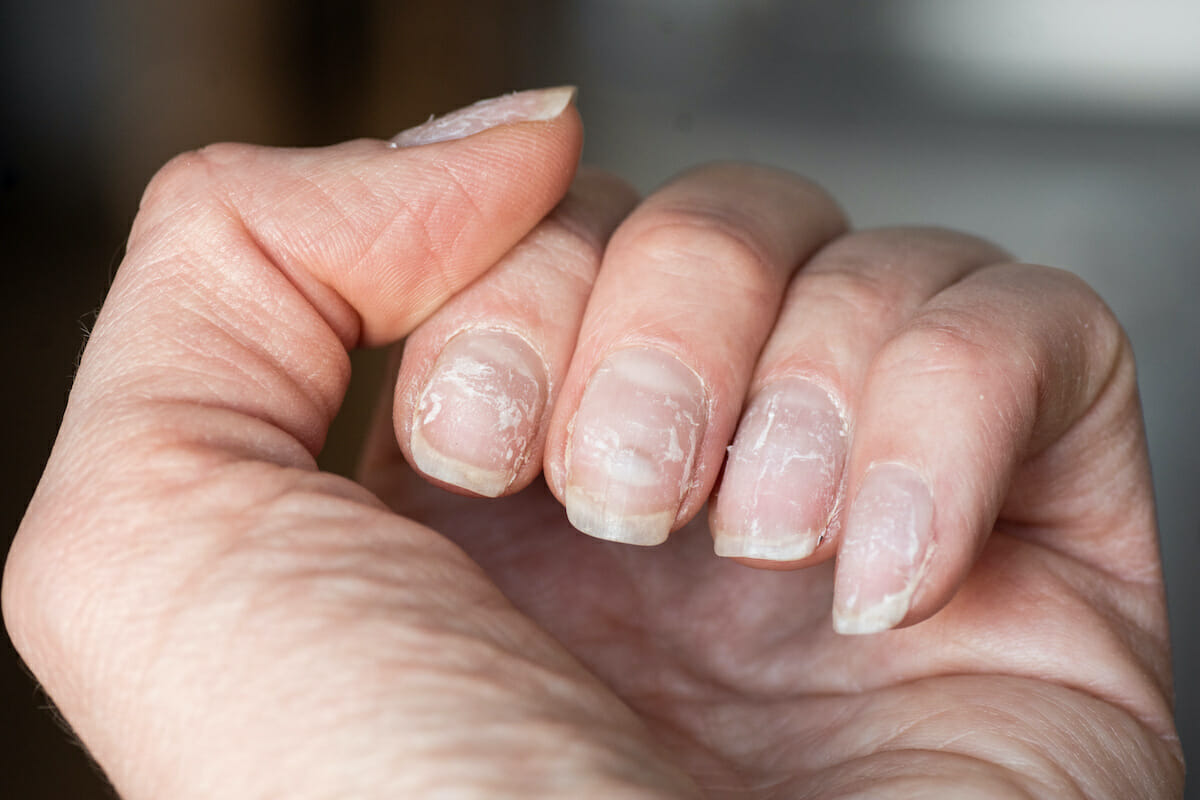- A new analysis of data from a large, nationally representative group of older Americans finds an association between being socially isolated and developing dementia.
- People at risk are those who only infrequently have contact with others and have few active relationships.
- The study’s finding suggests that by remaining or becoming more socially active, one may reduce the risk of dementia.
Beyond its association with dementia, social isolation has also been linked to poor mental health and emotional well-being in older people. The study is published in the Journal of the American Geriatrics Society.
“Social isolation is defined as the objective state of having few social relationships or infrequent social contact with others.”
The study lists several attributes that qualify a person as being socially isolated: living alone, having no one or only one person with whom they can discuss important matters, and having little or no engagement in social or religious groups.
The people who qualified as socially isolated in the study met two or more of the following conditions:
- Lived alone.
- They did not have two or more people in the last year with whom they could discuss important issues.
- They did not attend religious services in the past month.
- Did not do participate in other activities, such as volunteer work, clubs, meetings, or groups, in the last month.












